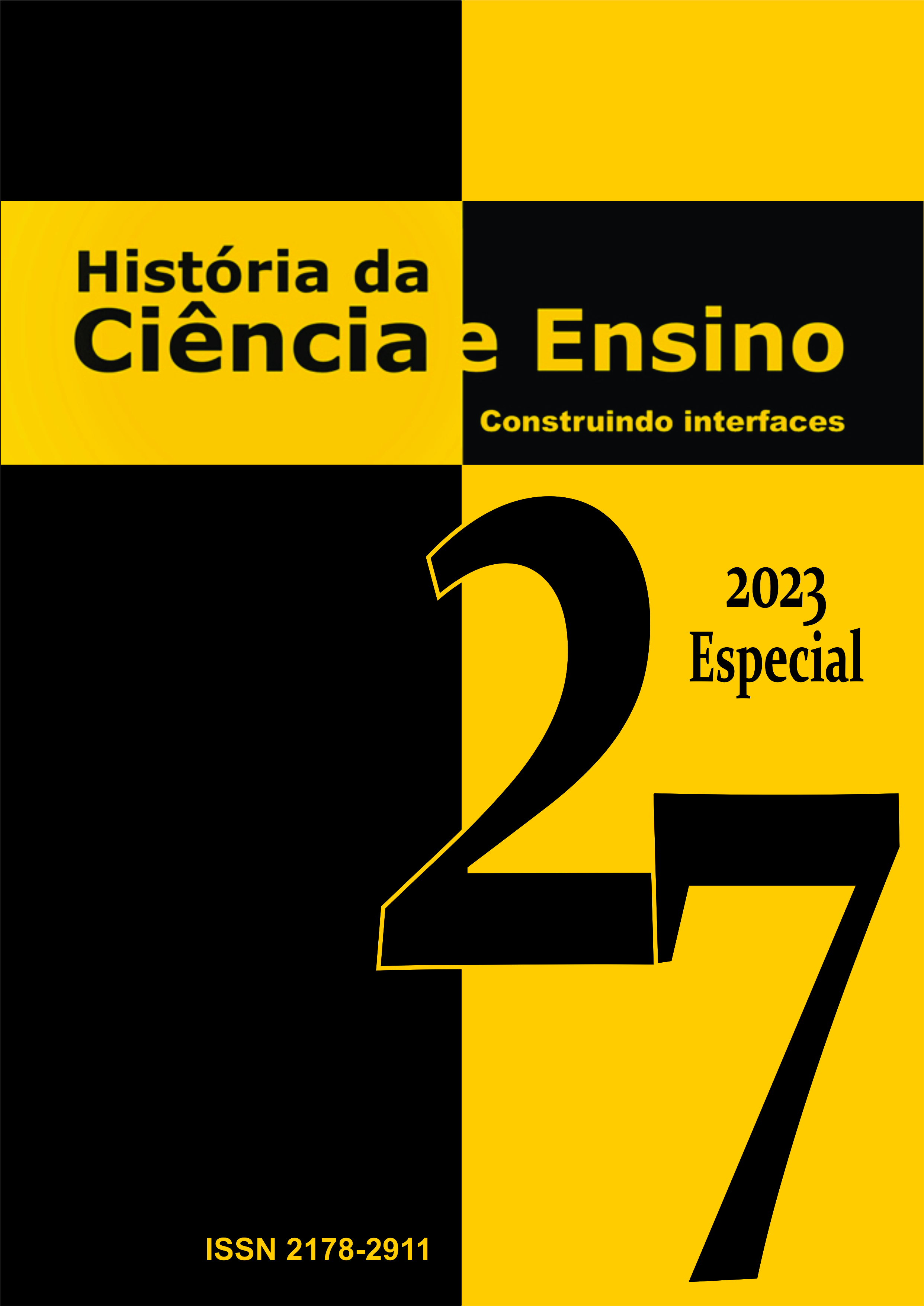Neonatal screening: contributions to nursing education
DOI:
https://doi.org/10.23925/2178-2911.2023v17espp171-176Keywords:
Early Diagnosis; Neonatal Screening; Nursing Care; Decision Making.Abstract
The discovery of a treatment for Phenylketonuria, a health condition with severe consequences for child development, prompted the invention of a test by Robert Guthrie in the 1960s - the Guthrie test or “Teste do Pézinho”. This discovery was very relevant to the health of the population not only because early diagnosis and treatment make it possible to prevent immediate neurological changes with later repercussions but also because this technique has already allowed the diagnosis of more pathological conditions. The relevance of diagnosing Drepanocytosis simultaneously is evaluated in Portugal. The neonatal screening programme was implemented in Portugal in 1979, proving a successful public health strategy. Despite this programme’s positive impact, some studies highlight parents’ insufficient knowledge about the main aspects of this screening.This information indicates the need for nurses to review health promotion policies to empower parents to make informed decisions effectively. This literature review aims to systematize knowledge about the evolution of neonatal screening and the most appropriate strategies to enable parents to form a conscious partnership in the care of their newborn; and deepen knowledge for a more holistic and consistent approach to this procedure in teaching the nursing discipline.


